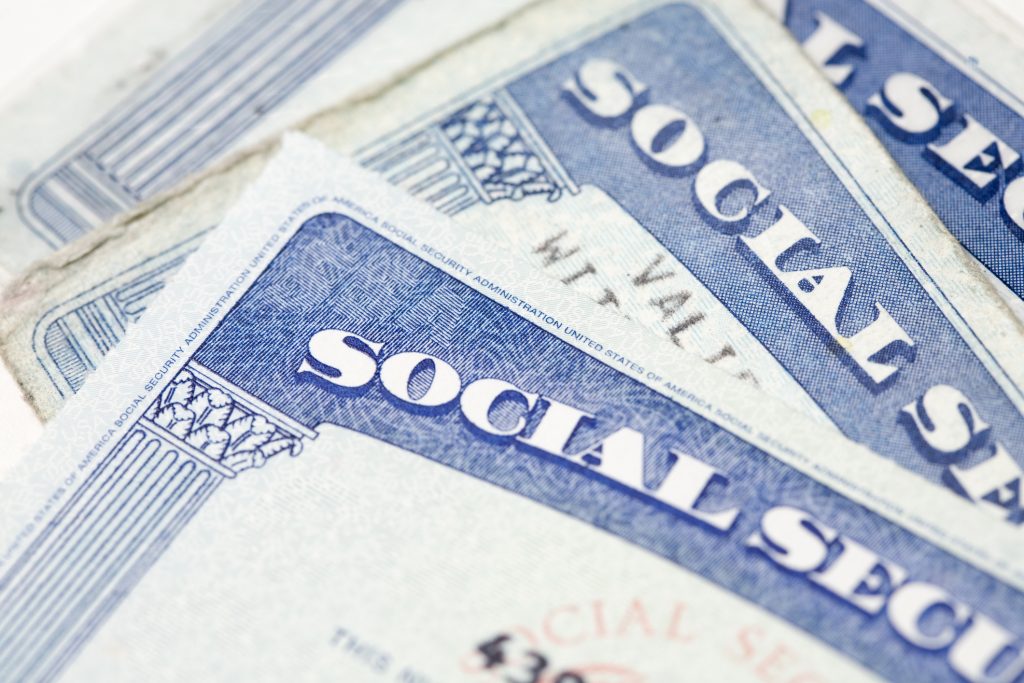Social Security can make or break retirement for many older adults, so the more you can prepare heading into your senior years, the better off you’ll be.
However, a recent survey suggests that many workers may have unrealistic expectations about how much they’ll be relying on Social Security in retirement. While some workers expect their benefits to cover most or all of their expenses once they retire, surprisingly, the more pressing problem might actually be the opposite.
The mistake millions of workers may be making
Expecting Social Security to cover most or all of your costs in retirement can be dangerous, but it can be equally risky to assume that you won’t rely on your benefits heavily.

Image source: Getty Images.
In a 2024 poll from Gallup, workers and current retirees were asked about the role their benefits play in their retirement plans. Among nonretired adults, only 35% said they expect Social Security to be a major source of income once they retire. However, a whopping 60% of current retirees said that their benefits are a major income source.
In other words, many workers may be underestimating how important Social Security will be in retirement, and millions might end up relying on their benefits more than they’re anticipating.
That may not sound like a major problem on the surface. After all, it’s normal to rely on Social Security to some extent in retirement. However, the average retiree only receives around $1,900 per month in benefits, so if your savings run out sooner than expected and you’re forced to depend primarily on your benefits, that money likely won’t go very far.
Social Security may be even less reliable going forward
Retirement benefits were only designed to replace around 40% of pre-retirement income, but given the program’s financial challenges in recent years, they may not even go that far in the future. Right now, Social Security is facing a cash deficit as its expenses outpace its income. Payroll taxes and other sources of income aren’t currently enough to pay out benefits in full, so the Social Security Administration (SSA) has been pulling cash from its trust funds to avoid cuts.
However, both of the trust funds are expected to run out by 2035, according to the SSA Board of Trustees’ latest estimates. At that point, the SSA will only have enough cash coming in to pay out around 83% of scheduled benefits. If nothing happens between now and 2035, then, benefits could be slashed by around 17%.
On top of that, Social Security is also struggling to keep up with inflation. Since 2010 alone, benefits have already lost around 20% of their buying power, a 2024 report from advocacy group The Senior Citizens League found.
Even with annual cost-of-living adjustments (COLAs), a whopping 81% of retirees say these adjustments do “very little” or nothing at all to help with critical living expenses, according to a 2024 survey from The Motley Fool. If benefits continue losing buying power and the COLAs continue to disappoint, it will only become harder to survive on Social Security in retirement.
What you can do right now to prepare
Perhaps the single best thing you can do right now is to take a realistic look at your future costs and how much you’ll need in savings to cover them. Many workers believe they won’t rely on their benefits a great deal in retirement, but the majority of retirees do, in fact, depend heavily on their monthly checks. Retirement is more expensive than many people realize, and some retirees could easily spend $1 million or more throughout their senior years.
Exactly how much you should save for retirement will depend on many factors, such as the cost of living in your area, your life expectancy, and your healthcare needs. But the more accurately you can map out your future expenses, the better idea you’ll have about how much you’ll need in savings.
This doesn’t necessarily mean you can’t rely on Social Security at all in retirement. But given the program’s shakiness, it may be wise to assume you’ll need more in savings than expected to enjoy retirement more comfortably.
The $22,924 Social Security bonus most retirees completely overlook
If you’re like most Americans, you’re a few years (or more) behind on your retirement savings. But a handful of little-known “Social Security secrets” could help ensure a boost in your retirement income. For example: one easy trick could pay you as much as $22,924 more… each year! Once you learn how to maximize your Social Security benefits, we think you could retire confidently with the peace of mind we’re all after. Simply click here to discover how to learn more about these strategies.
View the “Social Security secrets” »
The Motley Fool has a disclosure policy.
 fool.com
fool.com benzinga.com
benzinga.com



